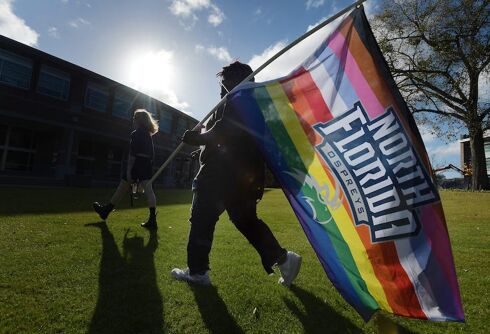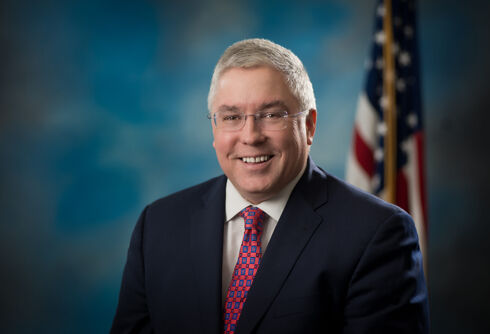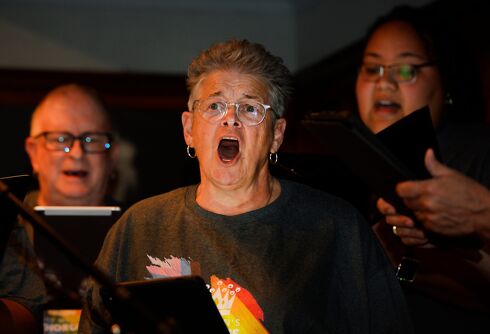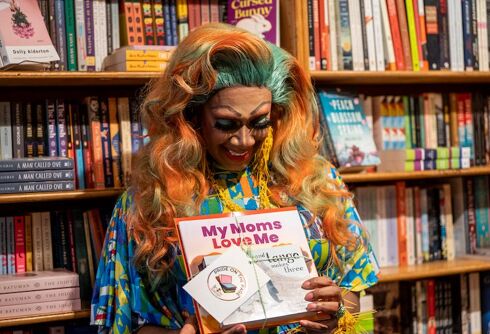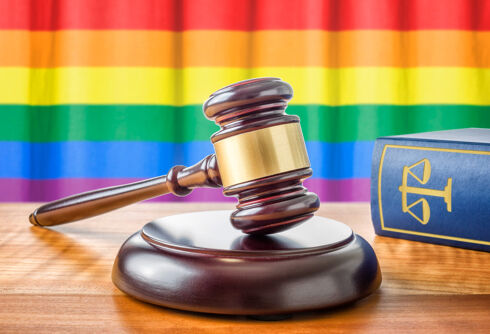DENVER — A popular Denver gay bar discriminated against a man when a bouncer denied him entry last year because he was dressed in drag, Colorado regulators said in a decision that could become more common as anti-discrimination laws increasingly include gender identity.

The civil rights division of the state’s Department of Regulatory Agencies ordered the Denver Wrangler to resolve the dispute with Vito Marzano, a 27-year-old gay man who was wearing a dress, makeup and a wig when he went to the bar on Aug. 31, 2013.
A bouncer said he turned Marzano away because his appearance didn’t match his driver’s license, and he was following a policy designed to thwart underage drinkers from entering the club. But regulators determined the bar illegally discriminates against effeminate men because its dress code bars high heels, wigs, “appearance-altering makeup” and strong perfume, according to the decision issued last month and obtained Monday.
“In other words, a female with a masculine gender presentation would be permitted to enter, whereas, a male presenting as a female would be denied entry,” civil rights division Director Steven Chavez wrote in the determination.
Never Miss a Beat
Subscribe to our newsletter to stay ahead of the latest LGBTQ+ political news and insights.
He said the Wrangler wrongly favors bisexual and gay men who embrace a hypermasculine image and shun interaction gay men who “exhibit effeminacy.”
General Manager Phil Newland told The Associated Press that the decision “contains many errors and equally as many disturbing opinions. The Denver Wrangler does not deny entrance to anyone, including women and those who identify as transgender.”
Newland said the bar’s identification policy stems from state liquor laws. The Wrangler denied Marzano entry partly because he was aggressive and drunk, Newland told state regulators.
Kenneth Upton, senior counsel for Lambda Legal, which pursues litigation on LGBT issues nationwide, said the case could signal a growing trend.
Article continues below
Businesses will have to strike a difficult balance between catering to a niche market as part of a business strategy and making sure they don’t break laws against discrimination, he said.
Marzano, who led a boycott against the bar, which included a Facebook group with more than 240 members, said he hopes the decision will protect others.
Gay people “face enough hatred and discrimination from the outside world,” he said. “We do not need it from our own.”
This material may not be published, broadcast, rewritten, or redistributed.





